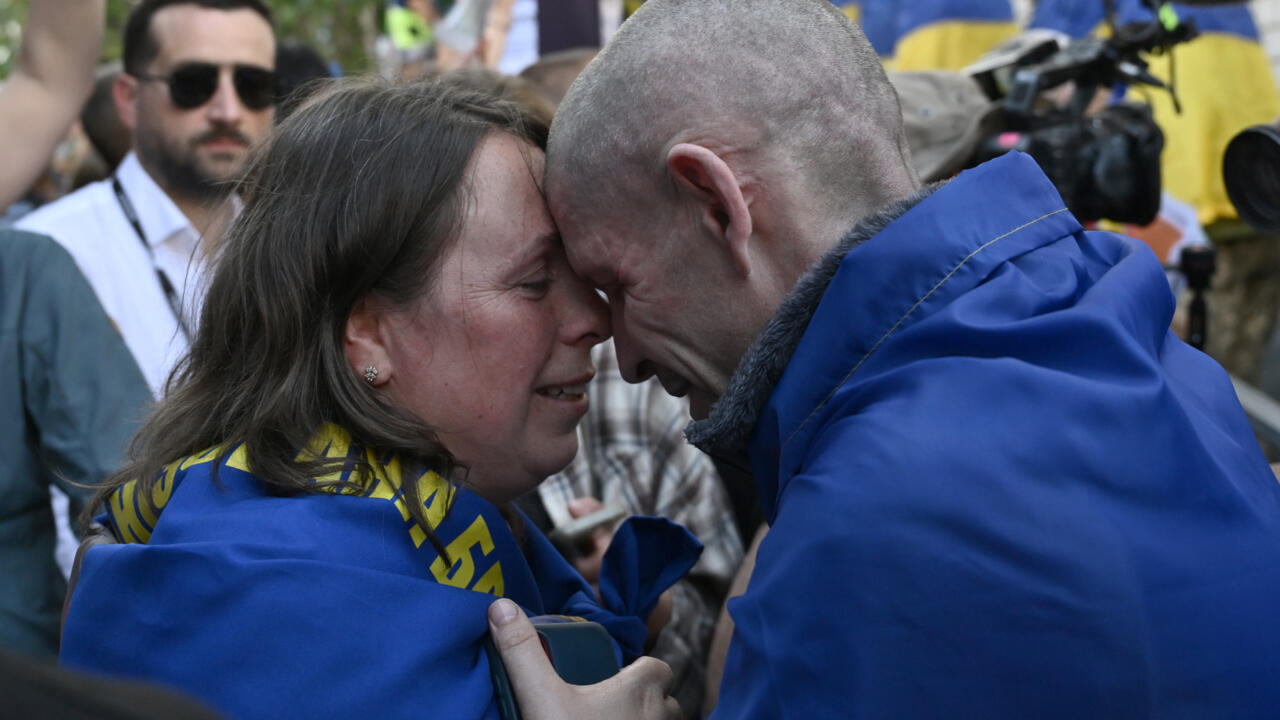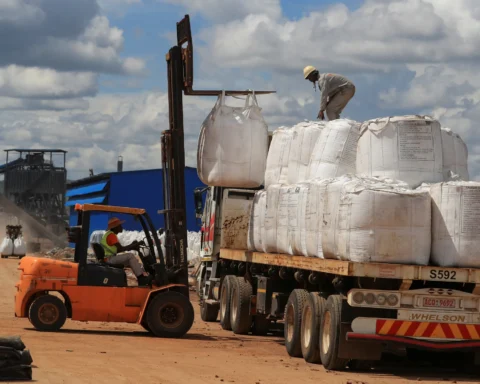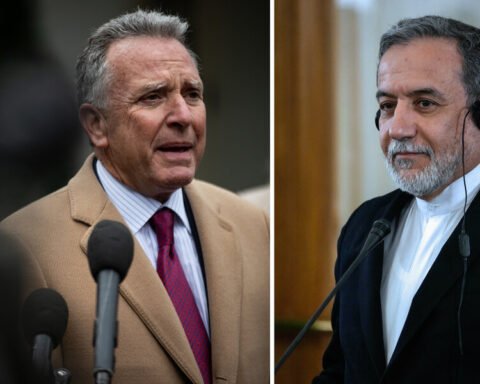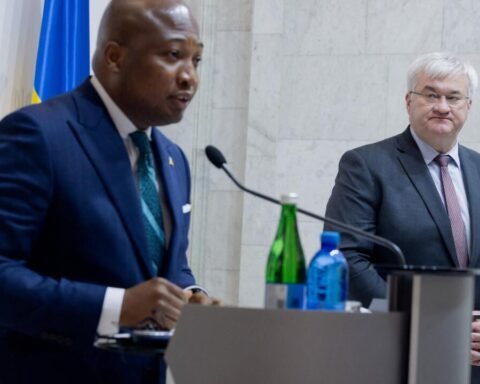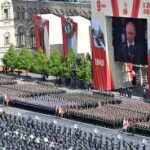In a significant humanitarian development amid the ongoing Russia–Ukraine war, both nations have initiated the largest prisoner exchange since the conflict began in February 2022.
The initial phase involved swapping prisoners of war (POWs) under the age of 25, culminating in emotional reunions between soldiers and their families.
This landmark prisoner swap follows intensive negotiations held in Istanbul on June 2, brokered through international diplomatic channels. Both sides agreed to release at least 1,200 prisoners each, many of whom Ukrainian officials state have been held in Russian captivity since the war’s onset. Additionally, the deal includes the repatriation of the remains of thousands of soldiers who died during the fighting, a crucial step for families awaiting closure.
Ukraine’s President, Volodymyr Zelenskyy, addressed the nation, highlighting that the swap also encompasses seriously wounded soldiers. He underscored the complexity of the process, noting that the entire operation is expected to unfold over several days to ensure proper coordination and safe transfers.
Despite this moment of respite, military confrontations remain fierce. The Ukrainian Air Force reported that Russia launched close to 500 drones in what has been described as the largest overnight drone strike since the invasion began. This escalation serves as a stark reminder that while diplomatic efforts aim to ease tensions, the conflict’s intensity has not abated.
Also Read; Russia, North Korea Resume World’s Longest Train Route
The prisoner exchange is emblematic of ongoing attempts at dialogue within a conflict that has profoundly impacted the international community. The war has triggered widespread humanitarian crises and geopolitical tensions, drawing responses from global powers and organizations such as the United Nations and the European Union.
As these exchanges proceed, there is cautious optimism among observers and affected families. The repatriation of POWs and the return of fallen soldiers’ remains mark important milestones that acknowledge the human cost of the war. These efforts may help pave the way for broader negotiations toward a peaceful resolution, though analysts warn that the path ahead remains uncertain.
The international community continues to monitor the situation closely, with hopes that such humanitarian gestures can foster greater dialogue and eventually contribute to ending one of the most significant conflicts in recent European history.

